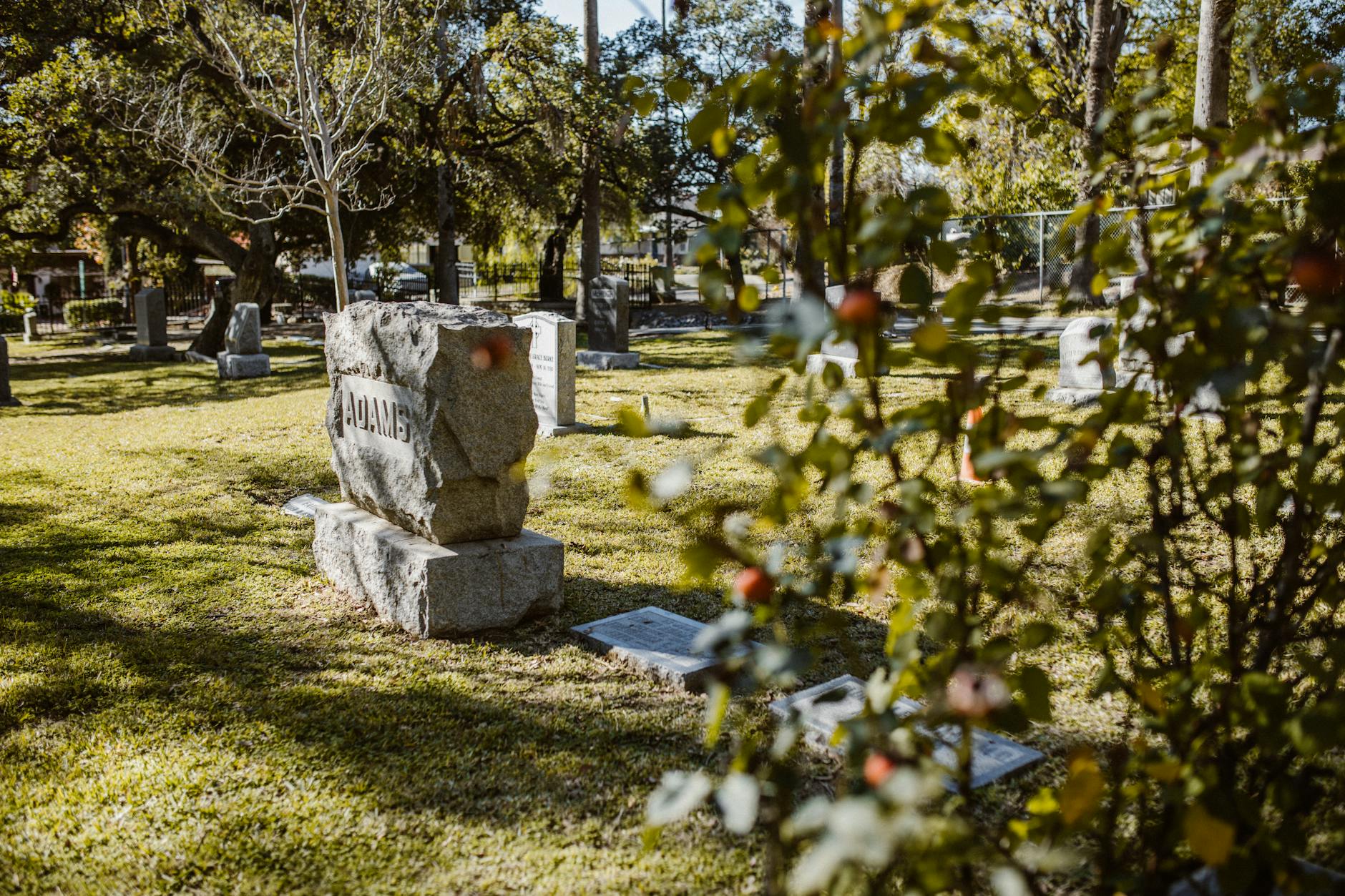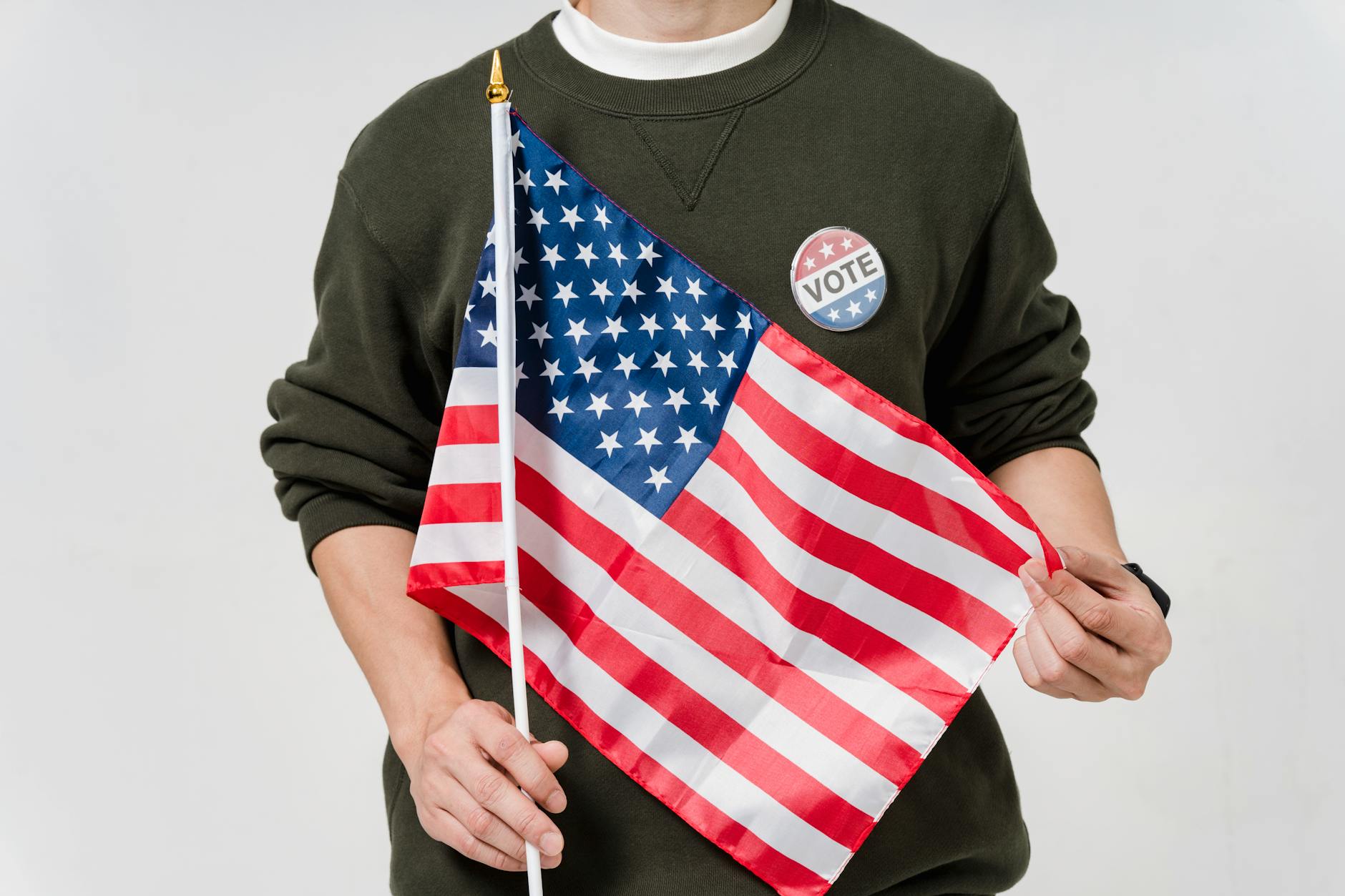Judge’s Ruling Halts Florida Immigration Center Expansion, Citing Rights Concerns
A Federal Judge’s Scrutiny Casts a Shadow Over Florida’s Immigration Detention Policies
A Brief Introduction On The Subject Matter That Is Relevant And Engaging
A recent ruling by a federal judge has brought Florida’s immigration detention practices under intense scrutiny, halting the planned expansion of a facility colloquially known as “Alligator Alcatraz.” The decision, stemming from legal challenges concerning the conditions and treatment of detainees, raises significant questions about the state’s approach to immigration enforcement and detention. This article delves into the details of the judge’s order, the historical context of the facility, and the broader implications for immigration policy in Florida and beyond.
Background and Context to Help The Reader Understand What It Means For Who Is Affected
The facility in question, a privately-run immigration detention center in Florida, has long been a subject of controversy. Critics, including legal advocates and civil liberties organizations, have raised concerns about overcrowding, inadequate medical care, and the overall humane treatment of individuals held within its walls. The moniker “Alligator Alcatraz” itself suggests a perception of harsh and potentially inhumane conditions. These concerns have coalesced into legal challenges that ultimately led to the judge’s intervention.
The specific legal arguments likely centered on due process rights, conditions of confinement, and potentially the legality of the expansion itself under existing state or federal regulations. The individuals most directly affected by this ruling are the immigrants detained at the facility, their families, and the staff and operators of the center. For detainees, a halt in expansion could mean continued, potentially strained, living conditions, or it could open avenues for advocacy for improved standards. For the state and the private operator, the ruling represents a significant legal setback and a call to re-evaluate their operational practices and expansion plans.
Florida’s role in immigration enforcement is significant, given its large immigrant population and its geographical position. The state has historically taken a firm stance on immigration, and facilities like the one in question are part of that broader strategy. The judge’s decision, therefore, has implications not just for this specific facility but also for the wider discourse on immigration detention and border security within the state.
In Depth Analysis Of The Broader Implications And Impact
The judge’s decision to halt the expansion of the “Alligator Alcatraz” immigration center carries substantial weight, extending beyond the immediate impact on the facility itself. At its core, the ruling underscores a critical tension between a state’s desire to enforce immigration laws and the fundamental rights guaranteed to individuals, regardless of their immigration status. The legal arguments that led to this decision likely highlight the judiciary’s role as a check on executive and administrative power, ensuring that detention practices adhere to constitutional standards.
One of the most significant implications is the potential for increased scrutiny of other immigration detention facilities, both within Florida and potentially nationwide. If the legal reasoning behind this ruling is sound and widely applicable, it could embolden advocates to challenge detention conditions and expansion plans elsewhere. This could lead to a broader re-examination of how immigration detention is managed, with a greater emphasis on legal compliance and human rights.
Furthermore, the ruling could influence public perception and political discourse surrounding immigration. While the source does not detail the specific arguments for expansion or the reasons for the legal challenge, such a judicial intervention often stems from deeply held concerns about fairness and humanity. This can shift the narrative, moving it away from purely security-focused discussions towards a more rights-based approach. It also raises questions about the privatization of detention centers and the oversight mechanisms in place to ensure accountability.
The economic impact is also a factor. Halting expansion can lead to immediate financial implications for the private operator and potentially for the state if contracts are affected. Conversely, if the ruling necessitates upgrades to existing facilities to meet legal standards, it could also represent a significant investment. The broader economic implications could also touch upon the labor market for detention center staff and the ripple effects on local communities that host such facilities.
Moreover, this decision could have diplomatic implications, particularly if the detainees are from countries with which the United States maintains close ties. Concerns about the treatment of their citizens abroad can sometimes lead to diplomatic pressure. While speculative, such issues are not uncommon in international relations.
Key Takeaways
- A federal judge has ordered a halt to the planned expansion of a Florida immigration detention center, referred to as “Alligator Alcatraz.”
- The ruling is likely based on legal challenges concerning the conditions and treatment of detainees within the facility.
- This decision highlights the ongoing debate about immigration enforcement policies and the protection of detainees’ rights.
- The ruling could lead to increased scrutiny of other immigration detention centers and influence public and political discussions on immigration.
- The economic and operational implications for the facility’s operators and the state of Florida are significant.
What To Expect As A Result And Why It Matters
Following this ruling, several outcomes can be anticipated. The private operator of the detention center will likely be compelled to comply with the judge’s order, which may involve freezing expansion plans and potentially reassessing current operational standards to ensure they align with legal requirements. This could lead to immediate changes in how the facility functions, possibly impacting the number of detainees it can house or the services provided.
Legal advocates and civil liberties organizations will likely view this as a victory and may leverage the ruling to push for further reforms in immigration detention policies. They may seek to use this precedent to challenge other facilities or to advocate for legislative changes that strengthen oversight and improve conditions for detainees. This could usher in a period of heightened legal activity and advocacy in the realm of immigration detention.
For the individuals detained at the center, the long-term impact is less clear. While the expansion is halted, their detention itself continues. However, the ruling might bring renewed attention to their conditions, potentially leading to improvements or at least greater transparency. It underscores that the legal system can be a recourse for those seeking to address grievances related to their confinement.
The state of Florida may also respond by reviewing its agreements with private detention operators and its overall approach to immigration detention. This could involve implementing stricter oversight protocols, revising contract terms, or even exploring alternative detention models that are less reliant on large-scale, privately-run facilities. The political landscape in Florida regarding immigration could also see shifts, with increased pressure on officials to address the concerns raised by the court.
This matters because it speaks to the fundamental principles of justice and human rights within the immigration system. The way a nation treats individuals in its custody, regardless of their legal status, is a reflection of its values. A judicial intervention of this nature serves as a reminder that even in the context of law enforcement and national security, adherence to legal and ethical standards is paramount. It ensures that due process is respected and that the well-being of individuals is not compromised in the pursuit of policy objectives.
Advice and Alerts
For individuals with loved ones detained at immigration facilities, it is advisable to stay informed about the legal proceedings and any developments regarding conditions of confinement. Legal aid organizations and advocacy groups often provide up-to-date information and resources. For those considering advocacy or seeking to understand the broader issues, researching the specific legal precedents cited in the judge’s ruling can offer deeper insight into the arguments and their potential impact.
It is important to approach information regarding immigration detention with a critical eye, distinguishing between factual reporting, legal opinions, and emotional appeals. Verified sources from reputable news organizations, legal advocacy groups, and government bodies are crucial for a comprehensive understanding. Be aware that the situation is dynamic, and further legal challenges or policy changes may occur. Staying informed through multiple reliable channels is key to understanding the evolving landscape of immigration detention in Florida and nationally.
Annotations Featuring Links To Various Official References Regarding The Information Provided
- U.S. Department of Justice (DOJ) – Executive Office for Immigration Review (EOIR): Provides official information on immigration court proceedings and detention standards. EOIR Website
- U.S. Immigration and Customs Enforcement (ICE): The primary federal agency responsible for immigration enforcement and detention. ICE Website
- American Civil Liberties Union (ACLU): A prominent civil liberties organization that often litigates and advocates on issues related to immigration detention. ACLU Website
- American Immigration Lawyers Association (AILA): A professional organization of immigration lawyers, providing resources and advocacy on immigration law. AILA Website
- Congressional Research Service (CRS) Reports: Provides non-partisan reports on various policy issues, including immigration detention, which may offer background and analysis. Access through library databases or official government portals.


























